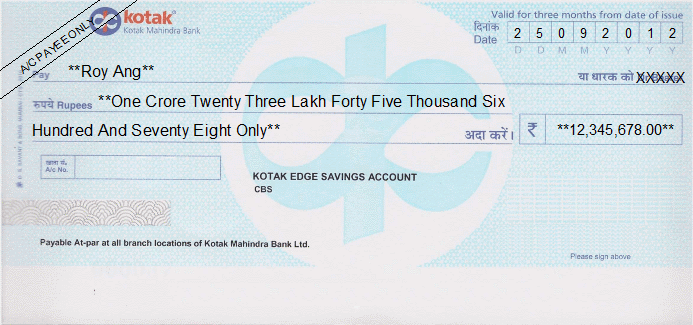
Government-owned State Bank of India, the country's biggest lender, said on Saturday it would invest funds to buy a 49% stake in Yes Bank as part of the initial phase of a rescue deal. "The large ones, who have the ability to absorb any shock and those who have a time tested model, will be in a position to raise money and keep on expanding their book." "It's not that investors will altogether ignore BFSI as a sector," said Siddharth Purohit, research analyst at Mumbai-based SMC Institutional Equities, referring to the banking, financial services and insurance sectors. IndusInd added it was adequately capitalised and the decision to defer was due to current market conditions. Underscoring the challenges, mid-sized IndusInd Bank Ltd said on Saturday it was deferring its Monday board meeting to consider raising capital via debt issuance, including AT1 bonds. Nippon India and Franklin Templeton did not immediately provide comment to Reuters' queries. "A minimum 50-100 basis point rise in AT1 borrowing costs could happen." Only risk-hungry funds will be buying AT1 bonds now," said the fund manager, who declined to be named as he was not authorised to speak to the media. "You're in effect creating an environment where the liquidity dries up on AT1s. "What this incident does is penalise the good names too," said a fund manager, who holds Yes Bank AT1 bonds, adding some investors are now considering a legal challenge against the central bank's plan to wipe them out. Investors included Nippon India Mutual Fund, Franklin Templeton, a slew of local fund houses and retail investors. Yes Bank had about 88 billion rupees ($1.2 billion) in AT1 capital as of March 2019, its annual report showed, under the Basel III framework. They carry higher interest rates than more senior debt as investors accept the risk they can lose their investment at certain pre-agreed points if the funds are needed to bolster a struggling bank's capital. So-called AT1 bonds were introduced after the 2008 global financial crisis.


The Reserve Bank of India (RBI) said it would work on a revival plan, as part of which bonds classified as Additional Tier 1 (AT1) capital will be written down "permanently, in full."


 0 kommentar(er)
0 kommentar(er)
